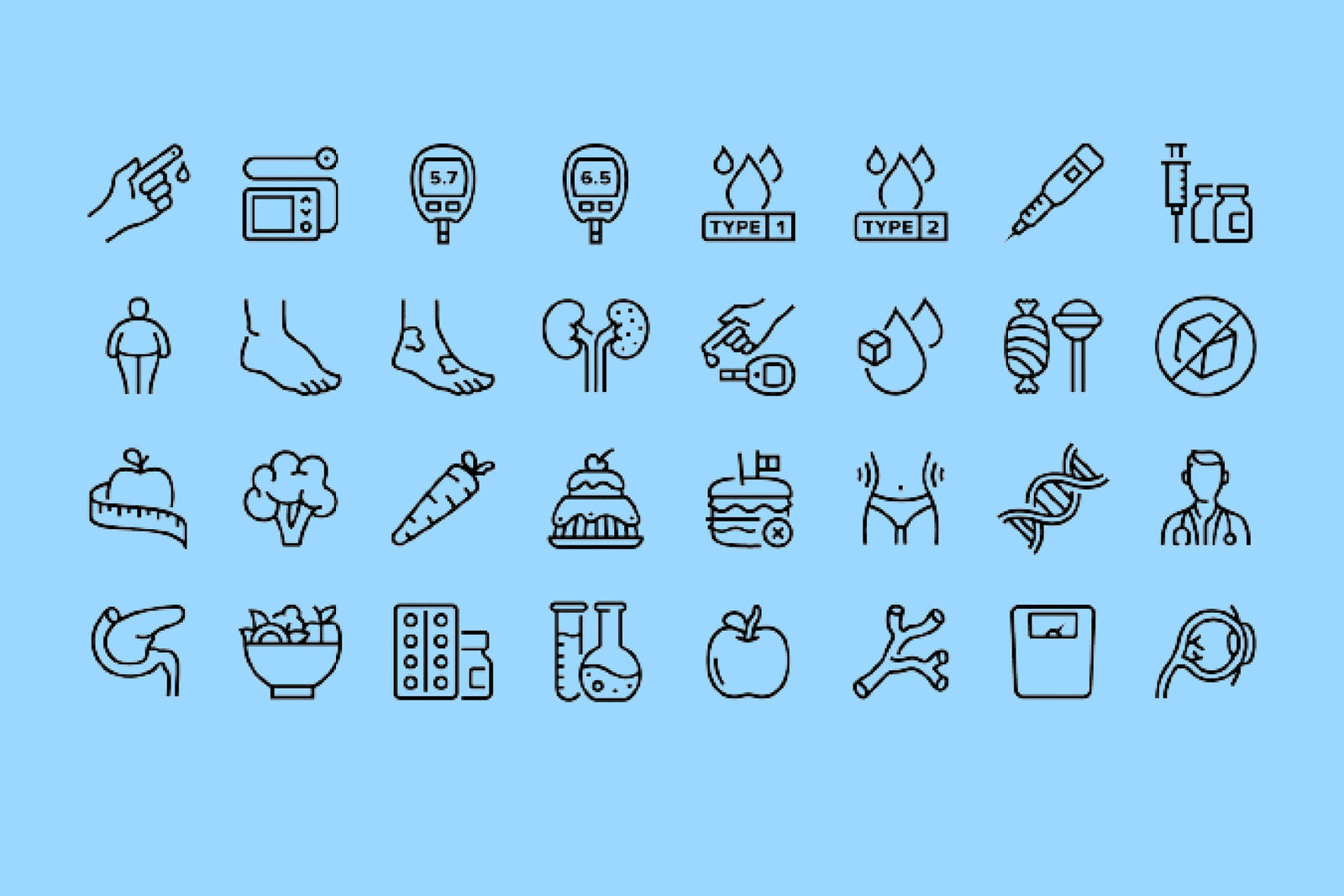APOA2 and Heart Health: How Your Genes Interact with Diet
Heart health matters because the heart and blood vessels deliver oxygen and nutrients throughout the body. The APOA2 gene helps produce a protein involved in high density lipoprotein or HDL, commonly called good cholesterol. Variations in APOA2 can change how your body responds to diet, especially saturated fats and refined carbohydrates. Understanding your APOA2 genotype can help you tailor diet and lifestyle choices to support healthy cholesterol and reduce cardiovascular risk.
How APOA2 Affects Lipids and Diet Response
APOA2 influences lipid metabolism and the way your body handles dietary fats. Some genetic variants make cholesterol and triglycerides more sensitive to a Western style diet that is high in saturated fats and refined carbs. Other variants show more stable lipid profiles across diets. The important takeaway is that people with certain APOA2 genotypes can see big improvements in cholesterol when they adopt a lower saturated fat, lower refined carbohydrate eating pattern. Everyone benefits from heart healthy habits, but the size of the effect can differ by genotype.
Heart Healthy Foundations
- Adopt a Mediterranean style diet: focus on fruits, vegetables, whole grains, legumes, nuts, olive oil, fish, and lean proteins. Limit red and processed meats and full fat dairy.
- Limit saturated fats and refined carbohydrates: reduce foods like butter, fatty cuts of meat, pastries, sugary snacks, white bread, and sugary beverages.
- Increase healthy fats: aim for monounsaturated and omega 3 fats from olive oil, nuts, seeds, and fatty fish.
- Stay active: at least 150 minutes per week of moderate activity or 75 minutes per week of vigorous activity, plus strength training twice weekly.
- Maintain healthy weight and waist circumference: even modest weight loss can improve lipid levels.
- Manage stress and sleep: prioritize 7 to 9 hours of sleep per night and use stress reduction techniques that work for you.
Supplements and Medical Tests to Consider
- Omega 3 fatty acids: may help lower triglycerides. Discuss dosing and quality with your healthcare provider.
- Plant sterols and soluble fiber: can support cholesterol lowering when added to a healthy diet.
- Routine blood tests: lipid panel including LDL, HDL, total cholesterol, and triglycerides. Consider testing C reactive protein and other cardiovascular risk markers if recommended by your provider.
- Medication review: if lifestyle changes do not achieve target lipid levels, your clinician may discuss statins or other lipid lowering medications.
Genetic Interpretations for APOA2 rs5082
Two effect alleles (GG)
You have two copies of the effect allele at rs5082. This genotype increases sensitivity to dietary saturated fat and refined carbohydrates. On a Western style diet high in these foods you may be at higher risk for elevated LDL cholesterol, unfavorable cholesterol ratios, and higher triglycerides. The good news is responsiveness to positive change. When you follow a diet low in saturated fat and refined carbohydrates, such as a Mediterranean style eating pattern rich in fruits, vegetables, whole grains, legumes, lean proteins, and healthy fats, your lipid levels can improve substantially, often more than in people without this variant.
Practical tips
- Prioritize plant based fats like olive oil and nuts instead of butter and lard.
- Choose lean proteins and fatty fish instead of fatty red meats.
- Replace refined grains and sweets with whole grains, fruit, and fiber rich snacks.
- Monitor lipids more frequently after major diet changes to track response.
One effect allele (AG)
You have one copy of the effect allele at rs5082. This genotype is associated with moderate sensitivity of lipid levels to dietary saturated fat and refined carbohydrates. Your cholesterol markers including LDL, HDL ratios, and triglycerides can be influenced by diet, but changes tend to be less extreme than with two effect alleles. You still respond well to healthy dietary improvements.
Practical tips
- Limit saturated fat sources such as processed foods, fatty cuts of meat, and high fat dairy.
- Reduce refined carbohydrates like white bread, pastries, and sugary drinks.
- Make olive oil, nuts, seeds, vegetables, whole grains, and legumes staples of meals.
- Combine diet improvements with consistent physical activity for greater benefit.
No effect alleles (AA)
You have two copies of the non effect allele at rs5082. This genotype is associated with a relatively stable lipid profile across different diets. Unlike carriers of the G variant, your lipid levels may not change dramatically with reductions in saturated fat and refined carbohydrate. Still, a heart healthy lifestyle remains important for long term cardiovascular health and overall wellness.
Practical tips
- Maintain a Mediterranean style diet to support general cardiovascular health.
- Focus on weight management, regular exercise, sleep, and stress reduction.
- Continue routine lipid and health screening as recommended by your healthcare provider.
How to Use This Information
APOA2 genotype is one piece of your cardiovascular health picture. Use it to guide personalized choices but not to replace standard preventive care. If you are a G carrier you may gain extra benefit from reducing saturated fat and refined carbohydrates. If you are an A carrier you still benefit from a heart healthy lifestyle though you may see less dramatic lipid shifts from dietary change alone.
Other Considerations
- Family history and other genetic variants also impact cardiovascular risk. Share your results with your clinician to build a complete risk profile.
- Behavioral changes are most effective when sustainable. Small, consistent improvements often lead to the best long term outcomes.
- If you are taking lipid lowering medication, do not alter treatment without consulting your healthcare provider.
PlexusDx does not provide medical advice. This content is for educational purposes only. Always consult with your healthcare provider before making changes to diet, supplements, exercise, or medications. Your clinician can help interpret genetic results in the context of your overall health and guide testing and treatment decisions.

Share:
HEART HEALTH | ACE (rs4343)
HEART HEALTH | APOC3 (rs5128)